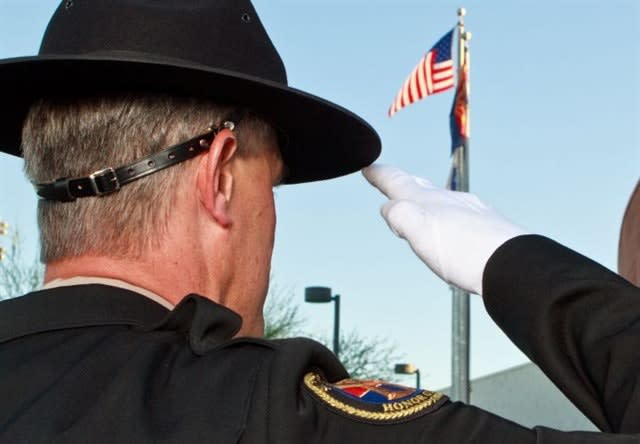In Policeland, conversations spin mostly around job load and gear such as cars, guns, tacticool stuff, and pensions. Officers rarely mention training, especially in smaller agencies. Often officers in those small- to medium-sized departments require far more training than the larger metro departments.
I was fortunate to have started my career with a larger department. I was afforded many opportunities to work on special projects and units that gave me a leg up on the standard training my peers received. However, when I was a traveling trainer for the regional academy, my eyes were soon opened to another world. The smaller departments were far more advanced in knowledge, skills and abilities than I surmised.
In a larger department, you have teams of specialists. A young patrol officer may be the first responder, but soon after that the detective, forensic, or traffic units take over. These officers have a special skill set to handle it beyond the first-arriving patrol officers, who pass off the workload and go to the next call. These officers have great exposure to a wide variety of calls. One year in a large metro department will expose you to several years' worth of experience in a smaller town.
The International Association of Police Chiefs draws the distinctions for smaller agencies at 50,000 residents served, medium agencies at 50,000 to 500,000 residents, and large agencies at greater than 500,000 residents.
A smaller- to medium-sized department is a much different organization than a large agency. The smaller-town first responding officer follows a case from patrol to prosecution. They gather evidence, prepare warrants, perform interviews, and present it to the district attorney. It's their case from 911 call to courtroom.
This can create a feeling of becoming a generalist rather than a specialist, yet their skill sets must be at a higher level. Training this department requires more insight than most expect.
The smaller-sized agency must develop in-house support. Some officers may develop enhanced skills and expertise, but they lack a rapid response support staff. This also creates the opening for regional or county-wide teams to help with a mutual-aid response.
The chief or sheriff of these smaller agencies must have the foresight to budget and embrace training more than their contemporaries from the big city. In frugal times, small agencies often fall back to the old adage that training is the first line item to be slashed. Bad decision. Training is the insurance policy that prevents lawsuits and mitigates liability. Training dollars well invested will pay off in the future.
Related:
Training Accidents
14 Ways To Make Training Safer
The Tragedy of Training Accidents












